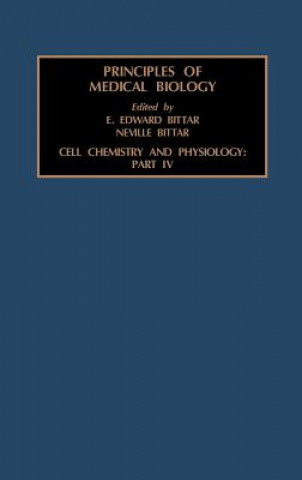
Kód: 04810028
Cell Chemistry and Physiology: Part IV
Autor Edward Bittar
This volume is intended to complete the Cell Chemistry and physiology module. It is about how the traditional boundaries of cell chemistry and physiology are being erased by molecular biology. We do not think it necessary to elabo ... celý popis
- Jazyk:
 Angličtina
Angličtina - Vazba: Pevná
- Počet stran: 512
Nakladatelství: Elsevier Science, 1996
- Více informací o knize

Mohlo by se vám také líbit
-

Details of the Hunt
453 Kč -

Study of Africa
2519 Kč -
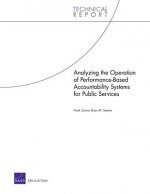
Analyzing the Operation of Performance-Based Accountability Systems for Public Services
706 Kč -

Japanese/Korean Linguistics, Volume 16
1086 Kč -

Art Nouveau Colouring Book
307 Kč -

Embrace the Night. Für immer untot, englische Ausgabe
210 Kč -

Sexual and Reproductive Health at a Glance
1478 Kč
Dárkový poukaz: Radost zaručena
- Darujte poukaz v libovolné hodnotě a my se postaráme o zbytek.
- Poukaz se vztahuje na celou naši nabídku.
- Elektronický poukaz vytisknete z e-mailu a můžete ihned darovat.
- Platnost poukazu je 12 měsíců od data vystavení.
Více informací o knize Cell Chemistry and Physiology: Part IV
Nákupem získáte 398 bodů
 Anotace knihy
Anotace knihy
This volume is intended to complete the Cell Chemistry and physiology module. It is about how the traditional boundaries of cell chemistry and physiology are being erased by molecular biology. We do not think it necessary to elaborate on this theme, particularly since the body of core knowledge found in this volume brings us a stage closer to answering the question, 'what makes cell biology into a new discipline?' The first part of the volume deals with the chemistry of actin and myosin and is followed by chapters on cell motility, ATP synthesis in muscle, and contraction in smooth and skeletal muscle. Here the reader is immediately made aware of the contributions molecular biology is making to our understanding of the molecular mechanisms underlying muscle contraction. It is perhaps enough to point out that Huxley's concept of the cross-bridge cycle and generation of force can now be explained in molecular terms. Topics such as muscle fatigue and muscle disorders, as well as malignant hyperthermia are bound to arouse active learning in the student and set the stage for problem-based learning. Most medical students look askance at thermobiology. We think this is a mistake; hence, we have included a section dealing with this subject. This brings us to the chapter on the heat shock response, which at the very outset makes clear that many stressors besides heat are known to result in heat shock gene expression. Many of the heat shock proteins occur in unstressed cells and some of them behave as chaperones. These proteins also reach high levels in a wide range of diseases including neurodegenerative disorders. Whether certain diseases are the result of mutations in the heat shock genes is not yet known. As will be appreciated, much of the work done in this field involved the use of cultured cells. Animal cells in culture are the subject of the last chapter.
 Parametry knihy
Parametry knihy
Zařazení knihy Knihy v angličtině Mathematics & science Biology, life sciences Biochemistry
3982 Kč
- Plný název: Cell Chemistry and Physiology: Part IV
- Autor: Edward Bittar
- Jazyk:
 Angličtina
Angličtina - Vazba: Pevná
- Počet stran: 512
- EAN: 9781559388085
- ISBN: 1559388080
- ID: 04810028
- Nakladatelství: Elsevier Science
- Hmotnost: 830 g
- Rozměry: 234 × 156 × 29 mm
- Datum vydání: 21. June 1996
Oblíbené z jiného soudku
-

Wilson and Walker's Principles and Techniques of Biochemistry and Molecular Biology
1431 Kč -

Schaum's Outline of Biochemistry, Third Edition
772 Kč -

DHEA Breakthrough
196 Kč -
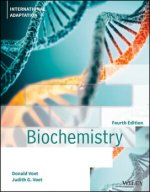
Biochemistry, Fourth Edition International Adaptation
1822 Kč -
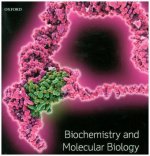
Biochemistry and Molecular Biology
1832 Kč -
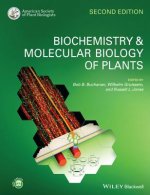
Biochemistry and Molecular Biology of Plants 2e
3213 Kč -
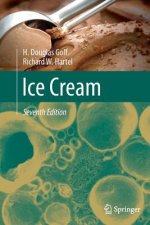
Ice Cream
2643 Kč -

Advanced Molecular Genetics
4244 Kč -
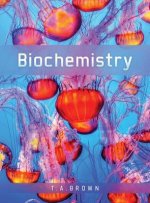
Biochemistry
1402 Kč -
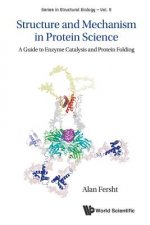
Structure And Mechanism In Protein Science: A Guide To Enzyme Catalysis And Protein Folding
2143 Kč -
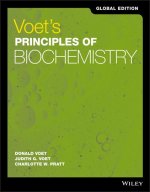
Voet's Principles of Biochemistry, 5th Edition Glo bal Edition
1902 Kč -
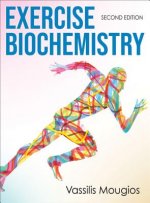
Exercise Biochemistry
3314 Kč -
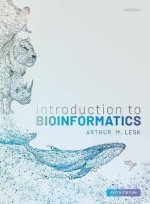
Introduction to Bioinformatics
1608 Kč -
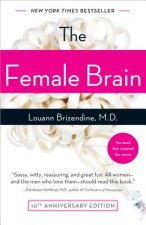
Female Brain
347 Kč -
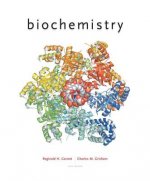
Biochemistry
2716 Kč -
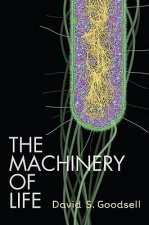
Machinery of Life
993 Kč -
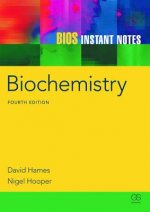
BIOS Instant Notes in Biochemistry
917 Kč -
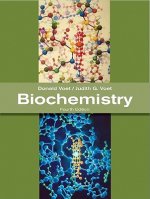
Biochemistry
10505 Kč -
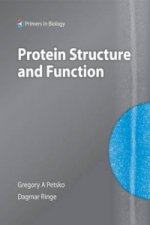
Protein Structure and Function
2073 Kč -
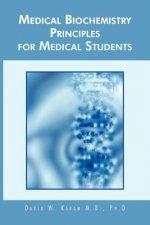
Medical Biochemistry Principles for Medical Students
608 Kč -

Cell: A Very Short Introduction
250 Kč -
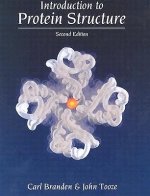
Introduction to Protein Structure
2692 Kč -
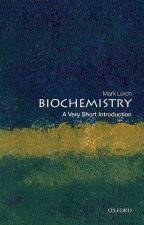
Biochemistry: A Very Short Introduction
250 Kč -
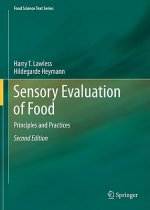
Sensory Evaluation of Food
2383 Kč -
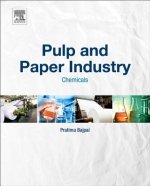
Pulp and Paper Industry
5306 Kč -
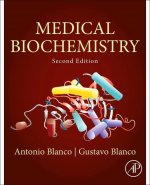
Medical Biochemistry
3968 Kč -
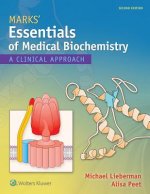
Marks' Essentials of Medical Biochemistry
3092 Kč -
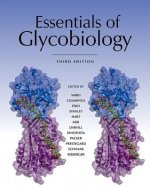
Essentials of Glycobiology, Third Edition
5109 Kč -
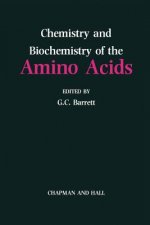
Chemistry and Biochemistry of the Amino Acids
2987 Kč -
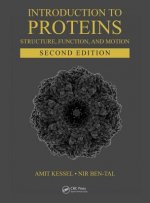
Introduction to Proteins
2970 Kč -
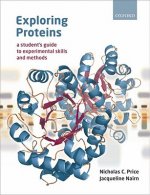
Exploring Proteins
1732 Kč -
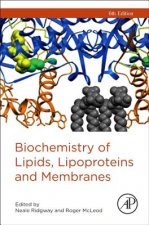
Biochemistry of Lipids, Lipoproteins and Membranes
2821 Kč -

Case Files Biochemistry 3/E
1254 Kč -
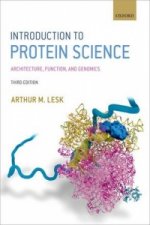
Introduction to Protein Science
1926 Kč -
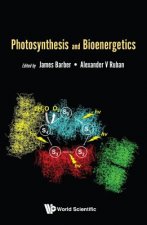
Photosynthesis And Bioenergetics
4121 Kč -
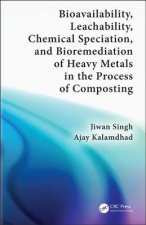
Bioavailability, Leachability, Chemical Speciation, and Bioremediation of Heavy Metals in the Process of Composting
3880 Kč -
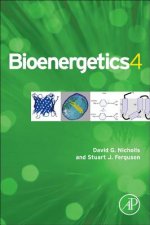
Bioenergetics
2202 Kč -
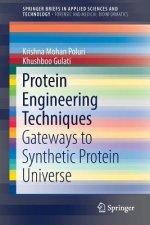
Protein Engineering Techniques
1681 Kč -

Proteomics Protocols Handbook
9783 Kč -
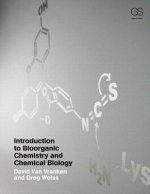
Introduction to Bioorganic Chemistry and Chemical Biology
2692 Kč -
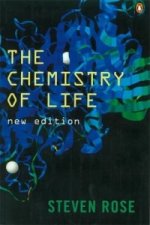
Chemistry of Life
357 Kč -
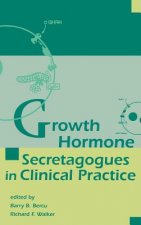
Growth Hormone Secretagogues in Clinical Practice
11113 Kč -
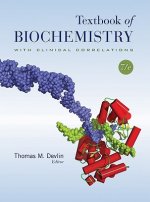
Textbook of Biochemistry with Clinical Correlations
8348 Kč -
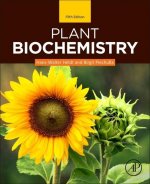
Plant Biochemistry
3395 Kč -

Environmental Soil Biology
3313 Kč -
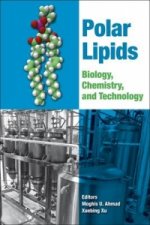
Polar Lipids
3258 Kč -
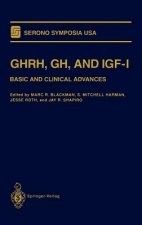
GHRH, GH, and IGF-I
6578 Kč -
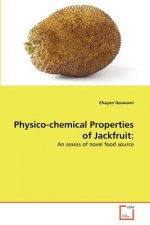
Physico-chemical Properties of Jackfruit
1475 Kč -
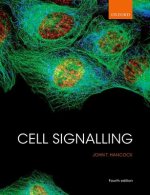
Cell Signalling
5783 Kč
Osobní odběr Praha, Brno a 12903 dalších
Copyright ©2008-24 nejlevnejsi-knihy.cz Všechna práva vyhrazenaSoukromíCookies



 Vrácení do měsíce
Vrácení do měsíce 571 999 099 (8-15.30h)
571 999 099 (8-15.30h)